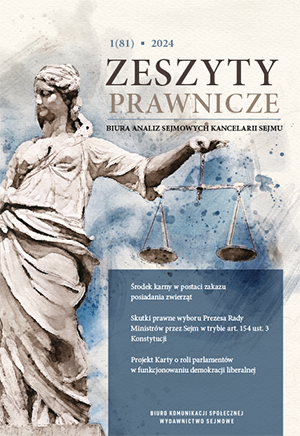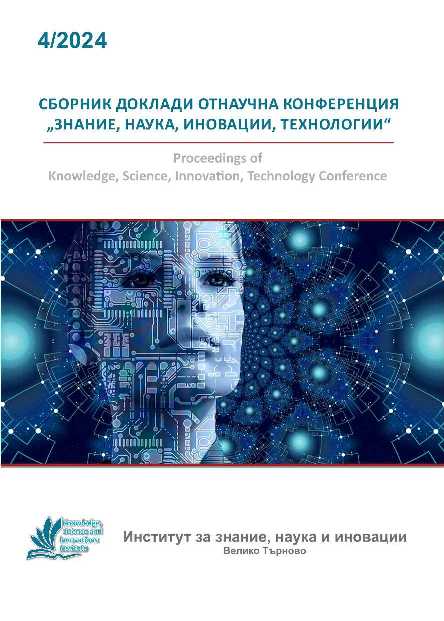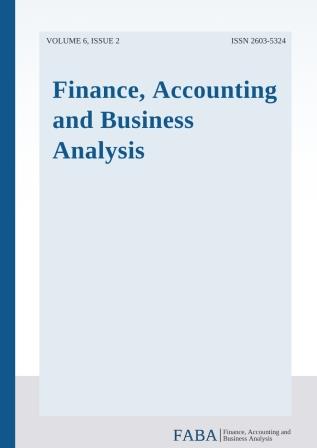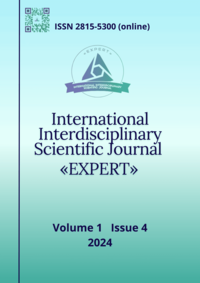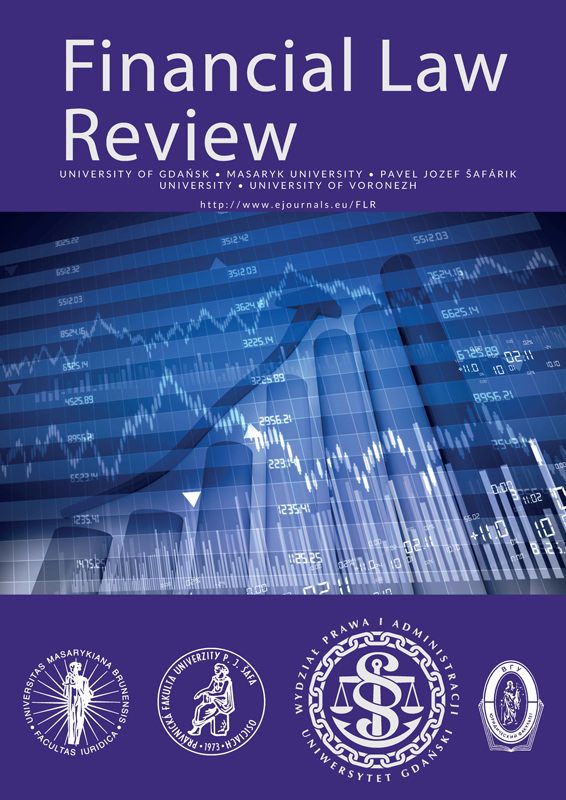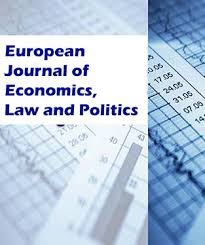Author(s): Liudmyla Zavidna,Liudmyla Maliuta / Language(s): Ukrainian
Issue: 4/2024
Today's state of war is dramatically changing the business environment, creating unprecedented challenges for businesses of all sizes. The instability of the political situation, the disruption of logistics chains, a decrease in investment and a decrease in the purchasing power of the population have a negative impact on economic activity. Enterprises face increased risks, which requires a review of management strategies and ensuring economic security as a basis for further functioning and development. In these conditions, corporate social responsibility (CSR) becomes especially important, becoming not only an ethical imperative, but also a strategic tool for increasing business sustainability. The active participation of companies in solving social and humanitarian problems during martial law strengthens their authority and trust on the part of society and stakeholders, which contributes to the formation of a positive image, the expansion of partnership relations and the creation of additional opportunities for stable functioning in conditions of uncertainty. The growing role of CSR as a component of the enterprise management strategy provides an opportunity not only to preserve the economic security of individual business entities, but also to strengthen public trust in business, which is a key element of ensuring long-term economic stability in Ukraine.Objective.Theoretical generalization of scientific approaches regarding the content and role of corporate social responsibility as the main tool for ensuring the economic security of business in the conditions of martial law in Ukraine and the development of methodological recommendations for strengthening the stability and adaptability of business to crisis conditions. Results. The article provides a theoretical generalization of scientific approaches to the content and role of corporate social responsibility as a key tool for the economic security of business during the martial law in Ukraine. On the basis of scientific approaches, a modern interpretation of the CSR pyramid of Archie B. Carroll was formed. The analysis and assessment of the losses of infrastructure and enterprises of the real sector of the economy of Ukraine from hostilities and missile terror was carried out; an assessment of the main macroeconomic indicators of Ukraine for 2018-2023 is provided, the impact of military operations on a significant reduction in the number of active enterprises and the number of employees and the population of Ukraine in 2018-2023 is determined. The conducted studies highlight the key areas of CSR implementation in wartime, in particular, support for employees, assistance to the mobilized, involvement of stakeholders in the formation of the company's strategy and brand promotion. Scientific novelty. Approaches and methods of their involvement in the establishment of communications and interaction with stakeholders - investors, local communities and state structures are proposed, which will allow companies to adapt more quickly to the challenges of war. Practical significance. To ensure the economic security of business during wartime, it is proposed to integrate new initiatives to support personnel, mobilized workers and their families, as well as local communities. Such an approach will not only contribute to the stability and functionality of the enterprises themselves, but also strengthen their social stability and economic security, provide a deep connection between business and society, which contributes to the long-term development and socio-economic stability of the country in conditions of war.
More...
